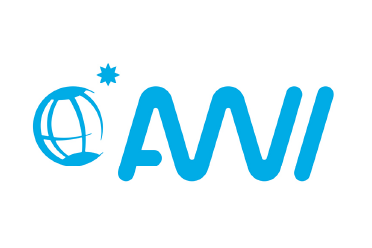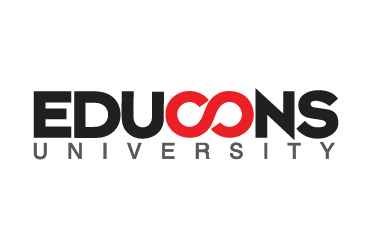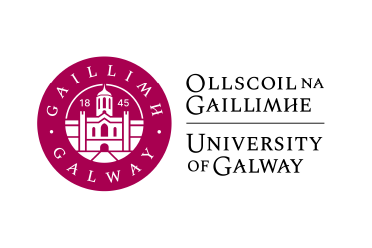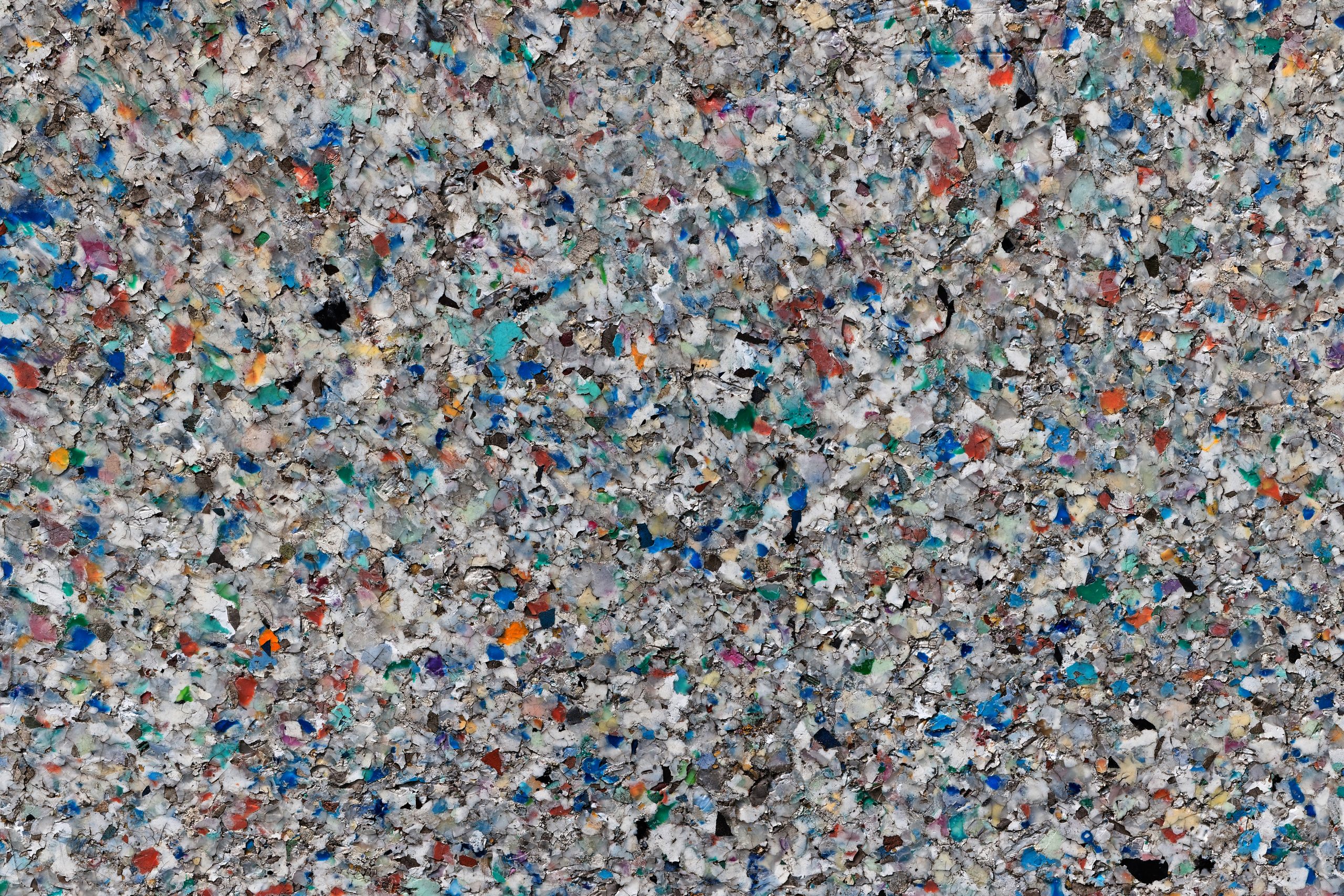
About the project
Our planet is being polluted at an alarming rate with plastic pollution growing into one of the most pressing environmental issues. Despite serious efforts deployed at the European level, internal disparities among different countries and regions in Europe, in terms of prevention, detection and purification of microplastics, are evident. This project is aimed at changing the system and making a great contribution towards creating a planet without plastics by working on preventive measures, innovations, and a plan for remediation. We have created a development strategy that will launch Serbia into a cutting-edge R&I position in Europe through the GREENLand project (GREENLand). This will be achieved by twinning with EU research intensive institutions with extensive expertise in this field – the Alfred Wegener Institute in Germany and the University of Galway in Ireland.
By increasing knowledge and the use of technologies on prevention, detection, and purification of microplastics, this project contributes to the safety of food and the environment. Furthermore, the project activities will encourage and foster the development of researchers in the region, united in their quest to protect the environment. GREENLand will benefit EU citizens and beyond because the baseline of the project is the creation of a microplastics-free environment and food for the future with the objective to reach zero-microplastics pollution and zero-hungry goals in an eco-friendly environment.
| Grant preparation (General information screen) | |
|---|---|
| Project numbre: | 101079267 |
| Project name: | TWINNING MICROPLASTIC FREE ENVIRONMENT |
| Project acronym: | GREENLand |
| Call: | HORIZON-WIDERA-2021-ACCESS-03 |
| Topic: | HORIZON-WIDERA-2021-ACCESS-03-01 |
| Type pf action: | HORIZON-CSA |
| Service: | REA/C/03 |
| Project starting date: | fixed date: 1 January 2023 |
| Project duration: | 36 months |
Work Packages
WP 1
Generating the SIT roadmaps with the new approaches for the purpose of a microplastics-free environment WP1 is a work package dedicated to increasing science and innovation capacities. It will deal with microplastics in soil, water and microorganisms and develop Scientific, Innovative, and Technology roadmap, as well as initiative for developing national microplastics strategy. The lead institution for this WP is Educons University.
The objectives of WP1 are to: Develop Microplastics Resilience Index contributes to improved understanding of this complex environmental issue, its sources, fate, and transport at the selected pilot areas. Harmonize Serbian with EU legislation to provide PDP strategy for microplastics-free environment Develop Microplastics Resilience Index, protocol and analysis Pilot areas database and maps development (hot spots)
WP 2
Creating an efficient workflow WP2 is a work package dedicated to strengthening research management capacities and administrative skills. With a special approach to support Data Management Plan, within WP2 will be established e-Tools: Cloud Based System, eLearning System, and University Repository. The lead institution for this WP is National University of Ireland, Galway.
The objectives of WP2 are to: Develop Cloud Based System Develop eLearning System Establish Document Management System Establish University Repository
WP 3
Staff exchange, education and networking WP3 is a work package dedicated to improving creativity supported by development of new approaches in R&I collaboration. Activities of this WP are designed to develop Human Resource Strategy and IP strategy, staff exchange and networking, as well as establishing Project Incubator Hub and Technology Transfer Hub. The lead institution for this WP is Alfred Wegener institute.
The objectives of WP3 are to: Develop Human Resource Strategy Exchange and educate staff Establish a Project Incubator Hub Establish a Technology Transfer Hub
WP 4
Communication, dissemination and exploitation WP4 is a work package dedicated to raising reputation, research profile and attractiveness of MRI. Activities of this WP are designed to disseminate, exploit and communicate project results and information to a wide range of stakeholders. National and international events will be organized (conferences, workshops, and summer/winter school). An extensive demonstration and dissemination program will ensure optimum and rapid utilization and exploitation of project deliverables and innovations by the relevant industry and other users/stakeholder groups (including policymakers). The lead institution for this WP is Educons University.
The objectives of WP4 are to: Disseminate, exploit and communicate project results Develop a project communication plan. Develop a dissemination plan. Share know-how technologies and skills
WP 5
Project management WP5 is a work package focused on management and co-ordination of the program. It involves the monitoring and evaluation of progress to ensure timely completion of all project milestones and deliverables and the on-time submission of all periodic and final reports to the Commission. The lead institution for this WP is Educons University.
The objectives of WP5 are to: Manage and coordinate project activities within the consortium. Monitor and evaluate progress and timely completion of all project milestones and deliverables. Co-ordinate the preparation and submission of all periodic and final reports to the Commission.
Sister Projects

More info
The upPE-T project aims to address challenges in plastic waste management by upcycling post-consumer PE and PET packaging into biodegradable and recyclable bioplastics (PHBVs) for food and drink packaging. This initiative, funded by the European Commission, seeks to achieve significant waste reduction, increase recycling facilities, promote renewable sources, raise awareness, and establish standards. Coordinated by CETEC in Spain, the project involves 20 partners across Europe.
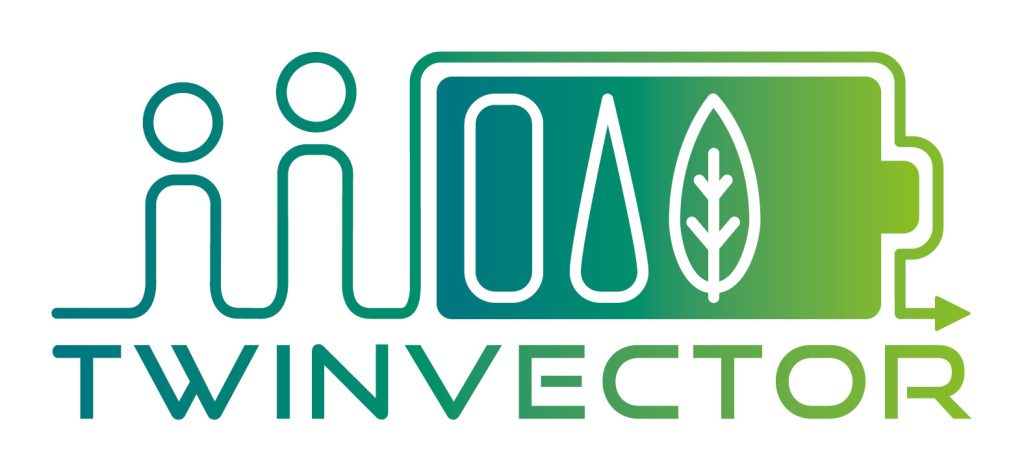
More info
TwinVECTOR is an EU-funded project whose aim is to create a centre of excellence at Tomas Bata University (TBU) Zlin, Czech Republic, focusing on next-generation battery sustainable design, energy business models and sustainability assessments, with the support of the upgraded Research and Administration Unit (RAU). The TBU aims to increase scientific expertise and capacity in techno-economic simulation tools, cost-benefit analysis methods and business model innovation for assessing advanced battery technology. Within the project consortium, members share their expertise to undertake world-class R&D activities in the energy storage field and bring them to the market. The coordinator of the project is Tomas Bata University (TBU), which cooperates within the project with four excellent institutions, the Technical Research Center of Finland (VTT), the Austrian Institute of Technology Austria (AIT), the Karlsruhe Institute of Technology from Germany (KIT), and the Bayerische Forschungsallianz GMBH (BayFOR) from Germany as well. The project lasts 36 months: from 11/2022 until 10/2025.

Frequently Asked Questions
Where can microplastics be found?
Microplastics are everywhere. Just because we can’t see them with the naked eye doesn’t mean they don’t exist. Microplastics are present in soil, water, air and even in the human organism. The daily use of plastic mass is one of the biggest environmental polluters.
Can I contribute to the project and to environmental protection?
Yes. Everyone can help. Don’t use plastic bags or plastic bottles, use fewer products packed in plastic etc.
Why should I contact you?
The subject matter of the project affects all participating groups (companies, NGO’s, policy makers, individuals). Companies can utilize the results of the project, individuals can learn more about microplastic pollution and prevention, other projects (project leaders) can benefit from cooperation with our project, farmers can find solutions to their problems and start cooperation with relevant companies, institutions and universities, scientists can work on several topics and scientific papers, multiple stakeholders can get the opportunity to participate in workshops, courses etc.
What are GREENLand concrete steps?
Education of staff on how to conduct research on microplastics in soil, water, and microorganisms, as well as networking with the excellent institutions and stakeholders which are interested in the results of scientific research. For more information, please visit the Newsroom website page.

